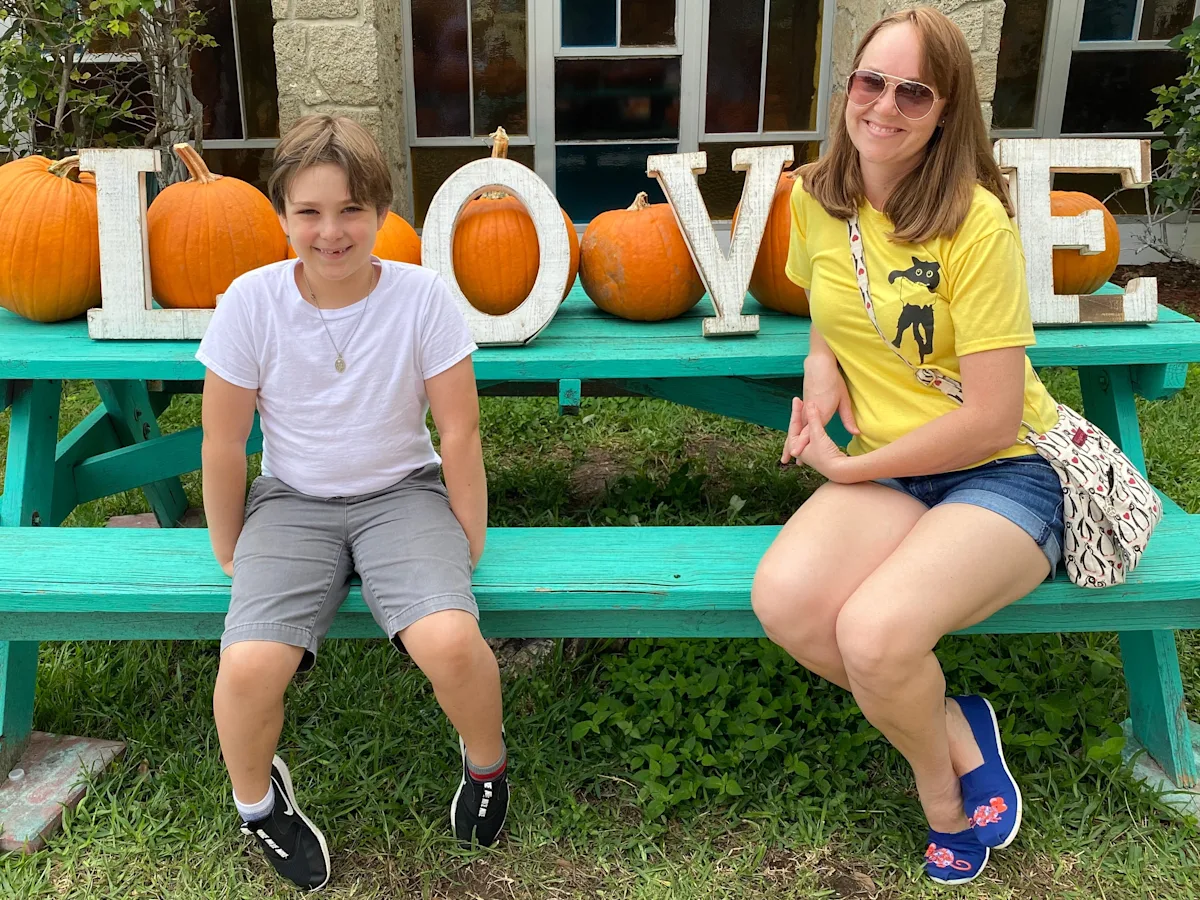In a plot that could rival a Hollywood thriller, Aimee Betro, a 45-year-old woman from Wisconsin, was sentenced to 30 years in a British prison for her role in a chilling assassination attempt that unraveled in Birmingham, England. Hired by a father and son duo embroiled in a bitter feud, Betro flew across the Atlantic, disguised herself in a niqab, and attempted to gun down a man in a quiet suburb—only to be thwarted by a jammed pistol. After evading justice for five years, her capture in Armenia and subsequent extradition have brought closure to a case that spanned continents and exposed a web of vengeance, betrayal, and international pursuit. This is the story of a failed hit, a relentless manhunt, and a woman whose motives remain shrouded in mystery.
A Transatlantic Plot Unfolds

In August 2019, Aimee Betro, a graphic design graduate from West Allis, Wisconsin, landed in the UK with a sinister purpose. Recruited by Mohammed Aslam, 56, and his son Mohammed Nazir, 31, from Derby, England, Betro was tasked with killing the son of a Birmingham businessman, Aslat Mahumad, with whom the pair had a longstanding feud. The roots of the conflict traced back to a violent altercation at Mahumad’s clothing boutique in July 2018, which left Aslam and Nazir injured and fueled their thirst for revenge.
Betro, who had met Nazir online and reportedly developed a romantic connection, spent over two weeks in the UK, meticulously planning the attack. On September 7, 2019, she lay in wait in a second-hand Mercedes, purchased under a false name, outside the target’s home in Measham Grove, South Yardley. Disguised in a niqab to conceal her identity, she approached Sikander Ali, Mahumad’s son, as he exited his SUV. Raising a handgun, she pulled the trigger at point-blank range, but the weapon jammed, allowing Ali to scramble back into his vehicle and escape unharmed. “It’s by luck that her attempt to kill her target failed,” said Detective Chief Inspector Alastair Orencas of West Midlands Police, noting the sheer chance that saved Ali’s life.
A Second Attempt and a Swift Escape
Undeterred by the failed shot, Betro returned hours later in a taxi, this time firing three rounds through the windows of Ali’s family home. Miraculously, no one was injured, as the house was empty. Her audacity didn’t end there. She sent a taunting text to Aslat Mahumad, the intended victim’s father, reading, “Stop playing hide n seek. You’re lucky it jammed. Who is it? Your family or you? Pick one,” according to police reports. The chilling message underscored her determination to intimidate, even as her plan crumbled.
After the second attack, Betro fled the UK the following day, returning to the US while Nazir joined her shortly after. Together, they orchestrated another scheme, mailing illegal ammunition to a rival of Nazir’s in Derbyshire, hoping to frame him for the Birmingham plot. This ploy also failed, but it bought Betro time to vanish. For nearly five years, she evaded authorities, hiding in Armenia until a tip from the Daily Mail newspaper led to her arrest in July 2024. By January 2025, she was extradited to the UK to face justice.
A Complex Investigation Across Borders
The case demanded an extraordinary effort from law enforcement, spanning multiple countries and agencies, including West Midlands Police, Derbyshire Constabulary, the FBI, and the National Crime Agency. “This was a complex investigation and extradition process,” said John Sheehan, head of the Crown Prosecution Service’s Extradition Unit. Investigators built a watertight case using incriminating CCTV footage, digital forensics, mobile phone data, and a black glove found in the abandoned Mercedes with Betro’s DNA. The footage captured her buying burner phones to coordinate the attack and scoping out the victim’s neighborhood, while a video on Nazir’s phone showed the suspected murder weapon being test-fired in Derby days earlier.
Betro’s attempt to blend in as a tourist—posting photos of landmarks like the London Eye—did little to mask her true intent. “While she was passing herself off as a tourist, her real purpose was to commit murder,” Orencas said. The international manhunt culminated in Armenia, where authorities acted on a UK arrest request issued in June 2024. Her capture, followed by a swift court appearance in Armenia, marked the end of her years on the run.
Trial and Sentencing
At Birmingham Crown Court, Betro faced a three-week trial that laid bare the intricacies of the plot. Charged with conspiracy to murder, possession of a firearm with intent to cause fear of violence, and illegally importing ammunition, she denied the allegations, claiming she was in Birmingham city center during the first incident and with friends during the second. She even suggested another American woman with a similar accent and footwear was responsible, but the jury saw through her “implausible account,” as described by The Times. After nearly 21 hours of deliberation, they convicted her by an 11-1 majority on the murder and firearm charges and unanimously on the ammunition charge.
On August 21, 2025, Judge Simon Drew KC sentenced Betro to 30 years, with concurrent sentences of six years for the firearm charge and two years for the ammunition offense. “You went beyond simply reaching an agreement to kill and, in reality, you did intend to kill Mr. Ali,” Drew told her, emphasizing the “complex, well-planned conspiracy.” He acknowledged her lack of prior convictions and the hardship of serving time far from home, as well as a letter of remorse she wrote, but stressed the gravity of her actions. Aslam and Nazir, convicted in November 2024, received 10 and 32 years, respectively, for their roles.
A Community Seeks Answers
The case stunned Birmingham, a city where such calculated violence feels like a distant fiction. Residents expressed relief at the convictions but grappled with the audacity of a plot orchestrated across continents. “It’s unbelievable that someone would travel hundreds of miles to execute an attack on a man she did not know,” said Hannah Sidaway, a specialist prosecutor with the Crown Prosecution Service. The motive, rooted in a feud between families, highlighted how personal vendettas can spiral into deadly schemes.
For Sikander Ali and his family, the ordeal left lasting scars. The community rallied around them, with local leaders calling for stricter gun control and heightened awareness of hired violence. The case also sparked discussions about the vulnerabilities of online relationships, as Betro’s connection with Nazir, described as her “long-distance lover,” began on a dating app. Her willingness to act on his behalf raised questions about manipulation and coercion, though Sidaway noted, “Only Betro knows what truly motivated her.”
A Cautionary Tale
Betro’s story is a sobering reminder of how far grudges can push people and how technology can weave dangerous connections across borders. Her failed assassination attempt, thwarted by a stroke of luck, spared lives but exposed the fragility of safety in everyday spaces. The relentless pursuit by law enforcement, aided by media and international cooperation, underscores the power of collective action in bringing fugitives to justice.
As Birmingham heals, the case leaves a legacy of vigilance. For Americans, it resonates as a warning about the risks of unchecked obsession and the need for robust protections against violence. Betro, now behind bars, faces decades in a foreign prison, her motives a mystery that may never fully unravel. For Sikander Ali, survival was a matter of chance, but the pursuit of justice has ensured that this chapter, at least, has a resolution.





